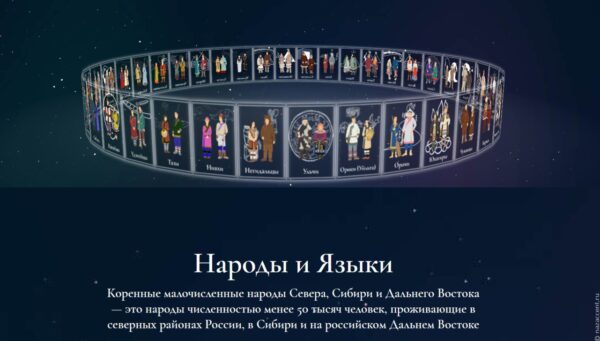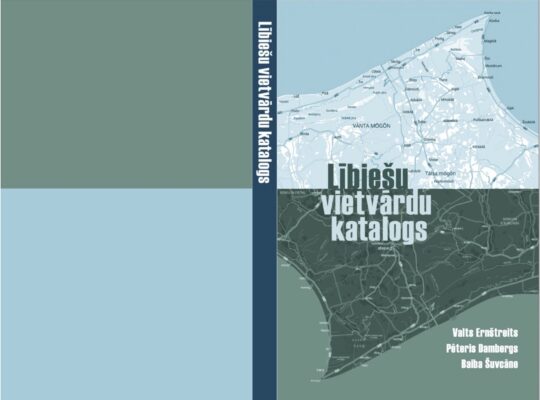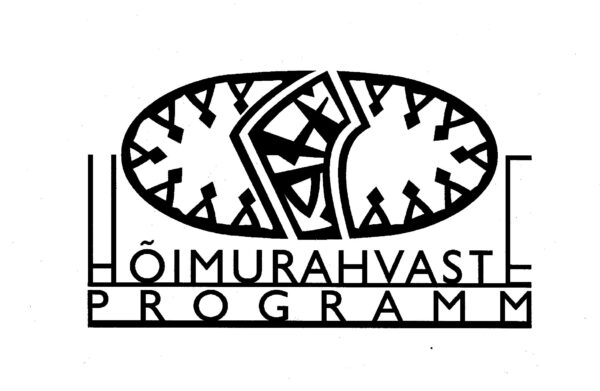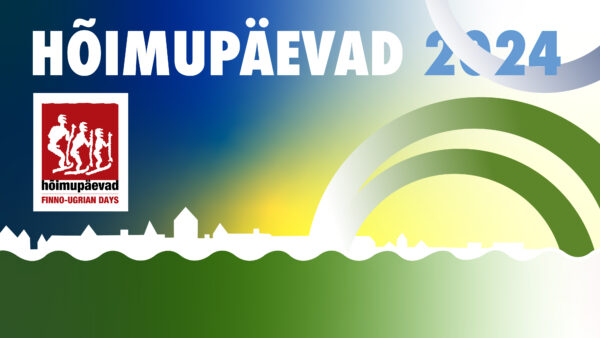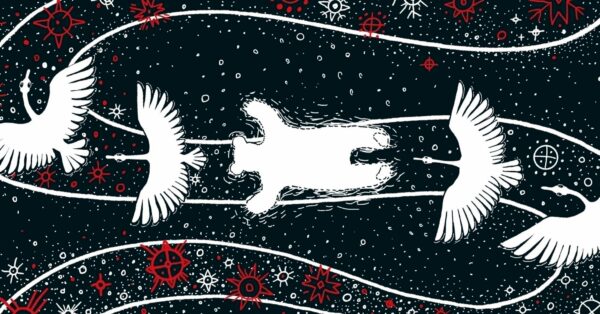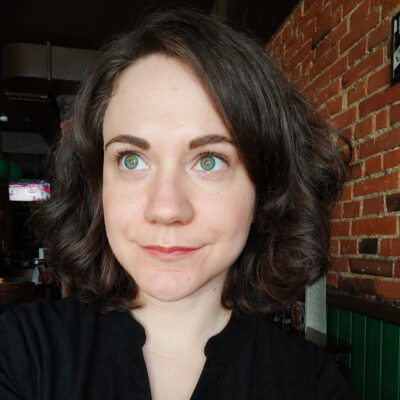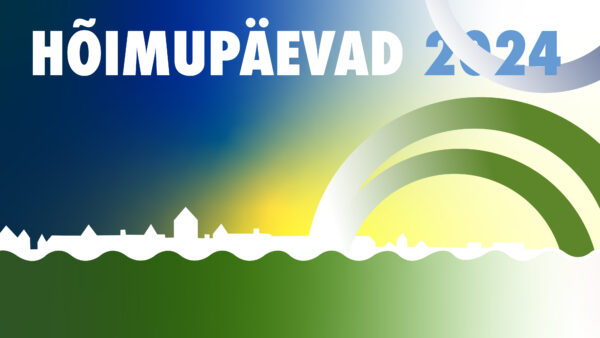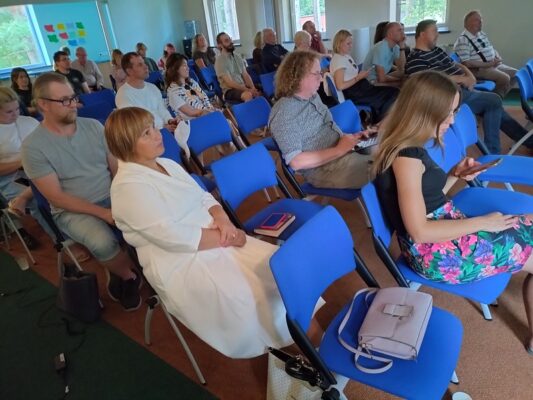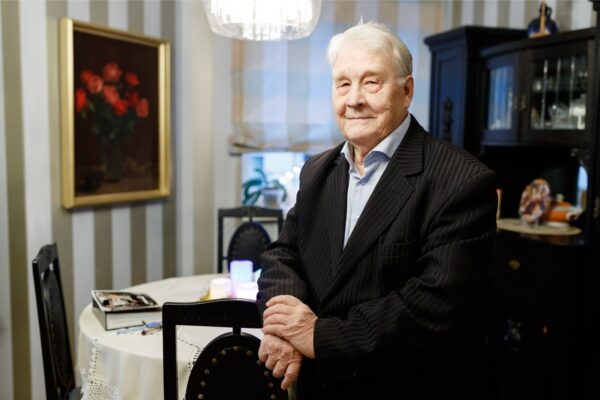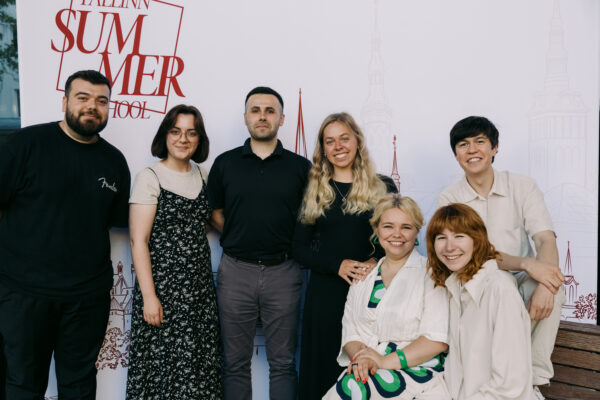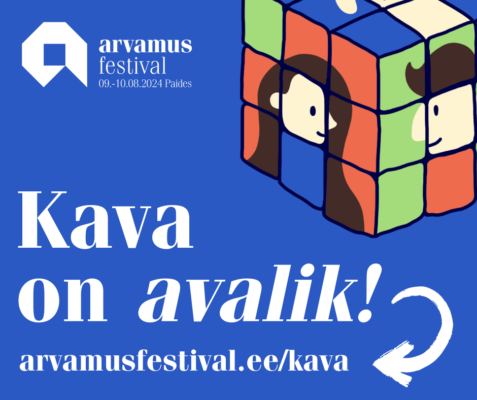Finno-Ugric peoples
Russia launches virtual atlas of Northern indigenous peoples
A multimedia portal, or virtual atlas, dedicated to the indigenous peoples of Siberia and the Far East of the Russian Federation has been launched in …
Livonian place name catalogue
The Day of the Livonian Flag is on 18 November 2024. On this day, the Livonian flag is flown in different places across Latvia. Livonian places are a current theme, because this year saw the publication of the Livonian place name catalogue (Lībiešu vietvārdu katalogs).
Literary Award to Arvo Survo and Esa-Jussi Salminen
The aim of the Kindred Peoples' Programme's Literary Award is to recognise the work of authors or translators of the literature of kindred peoples without their own statehood
Kindred Peoples' Days 2024: Tallinn, Tartu, Jõhvi, Narva
Another year of Kindred Peoples' Days dedicated to the Finno-Ugric and Samoyed peoples is now over. This year, Fenno-Ugria's main focus was on Ida-Viru County and its Finno-Ugric heritage.
Finno-Ugric Calendar 2025 out now!
Fenno-Ugria publishes the Finno-Ugric Calendar, and the fresh Finno-Ugric Calendar 2025 is ready. Author: Piret Räni, content editor: Madis Arukask, consultants: Alla Lashmanova, Nadii Mush, …
Bogáta Timár, fellow of Lennart Meri Waterfowl Fund scholarship
The Lennart Meri Waterfowl Fund scholarship has been awarded for the 8th time this year. Bogáta Timár is the scholarship's first Hungarian winner.
Kindred Peoples' Days 2024 'A road goes over the bridge...'
Over flowing water, leading to other worlds. Over an abyss, the importance and weight of crossing which is acutely felt when the bridge is no longer there. Or not yet. On two October evenings, stories and songs of kindred spirits move along these bridged roads, with hope and expectation of meeting. (Folklore has it that on some bridges you may meet your Fortune, on others the Devil.) This is how director Eva Koldits has summed up the concept for this year's concerts.
Open call for Kindred Peoples’ Literary Award 2024
The aim of the award is to recognise the work of authors or translators of the literature of kindred peoples without their own statehood. The …
Fenno-Ugria Summer School 2024: 'What can we do?'
Fenno-Ugria organised its third summer school in Lepanina Hotel, Häädemeeste between 16-18 August 2024. Fenno-Ugria's adviser Jaak Prozes gives an overview of the summer school.
In memoriam Arvo Valton (1935-2024)
Writer and promoter of Finno-Ugric cultures Arvo Valton passed away at the age of 88. Valton was also a member of the board of the Fenno-Ugria Foundation between 1995-1998. He was one of the most active founders of Fenno-Ugria, as well as one of the organisers of the Kindred People Days. Arvo Valton was the godfather of the name of the Fenno-Ugria Yearbook 'Finno-Ugric Nodes'.
A course on the culture and history of the Finno-Ugric peoples was held at Tallinn University
From 15 July to 2 August, the course “Introduction to Estonia and Finno-Ugric Cultures” for international students was held at Tallinn University with the support …
Fenno-Ugria at Paide Opinion festival 2024
Fenno-Ugria will participate in the Paide Opinion Festival in the area of Cultural Richness with a panel ‘The nation on the display window and on …
